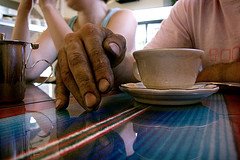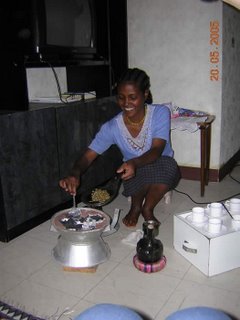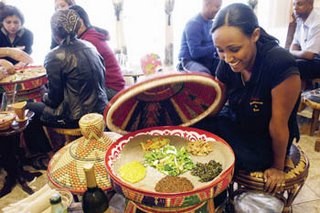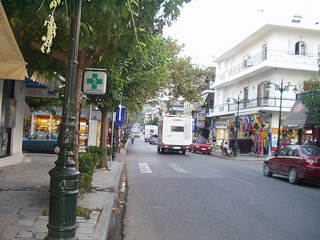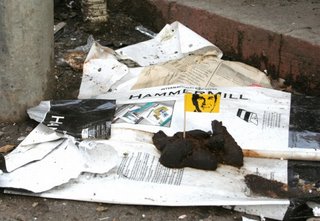Olympia Food Co-op Growth
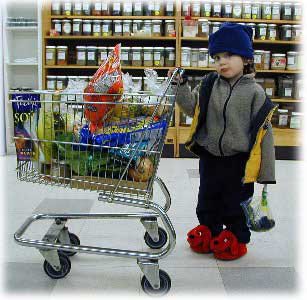
Tonight I went to a forum about growth for the Oly Food Co-op. Those who know me know that I love the co-op more than anything else, and I love to enumerate its many virtues. That is mostly why I went to the meeting tonight. I thought it would be a great opportunity to get together with other people who love the co-op, eat free co-op snacks, gush about the co-op and decide what to do next.
It was kind of like that, only not so much of the gushing part. I learned that a lot of people who love the co-op also have strong emotions about it because they don't feel it is all it could be.
This was interesting to me because I think the co-op is perfect. But some people feel it needs to be more competitive, convenient, and attractive-looking. Some people feel it needs to return to its roots and be more stringent about environmental choices, nutrition standards, and politics. Some people think it needs to be bigger, some think it needs to splinter into smaller co-ops, some think we need a Tumwater location. There are a lot of considerations out there.
I listened to people worry about Whole Foods moving in and using aggressive business tactics to hurt the co-op. I listened to people who feel the co-op is headed the way of Seattle's flashy PCC, people who miss the days when the co-op was a sugar-free safehaven, people who are upset about the process the co-op is using to get member feedback about growth, and people who felt we needed to stick to the agenda.
I know not everyone out there cares about the considerations of a grocery store, but to me it is so important. I was busting with love for the co-op through every contentious moment.
Yes, I am a big dork for the co-op.
I enjoy giving them money.
I don't mind writing down my prices.
I consider grocery shopping to be a good Friday night date.
This summer I went to check out and saw that in my heaping cart, all of my produce was locally grown. I care about that. I can see people that I know who grew that food in my food, and the rain and melting glaciers and familiar places in my food. Maybe that sounds hippy-dippy, but that is really how I feel about it. I think local produce is healthier for me nutritionally, politically, and spiritually.
SO, anyway, regardless of how the co-op grows or stays small, I will be there with her. I love our co-op because it is a welcoming, ethical, smart business where good people work. I will continue to shop there, and I don't mind writing down prices, scavenging in the reduced bin, appreciating the volunteers, sweeping up the bulk aisle, bringing in my egg cartons, sampling the peas, and noticing the staff who do such a spectacular job of making the co-op a good place to be.
If you are a member of the Olympia Food Co-op, you can make your thoughts known on growth issues by filling out an advisory ballot, and by attending the annual membership meeting. If you are not a member of the Olympia Food Co-op, I could not recommend it more highly.
